The Best Whole30 Approved Protein Powders 2024
Looking for a clean, Whole 30 compliant protein powder to help meet your nutrition goals?
These are my favorite protein powders that are Whole30 compliant. Including plant-based and animal-sourced options!
I love utilizing protein powders for their ease and convenience– they can make a nourishing snack, be a great addition to a recipe, or make for an easy meal on the road.But finding a high-quality one, especially one that tastes half-way decent, can be a struggle. And then make it whole 30 approved? Dang near impossible.
These are some of my favorite whole 30 compliant protein powders to save you some of the struggle.
What Different Types of Protein Powder Are There?
Traditionally we think of protein powder as the chalky stuff bodybuilders drink from a shaker cup. But what if i told you that there are so many other options that you can implement into your diet?
Because of the strict rules for Whole 30, most protein powders are not allowed. This is because many of them contain whey protein. Or soy protein. Or artificial sweeteners. Or added sugar. Or artificial flavors. Basically, all the things the whole 30 diet doesn't want you eating.
So I made this list of protein powder brands that all have compliant ingredients.
Some protein powders that are allowed include:
Pea protein
Egg protein
Gelatin
Collagen
Hemp protein
And um…. Crickets…. (I have not tried any of these, but i’d love to hear from you if you have!)
Why is whey protein not allowed?
I am a big fan of high-quality whey protein outside of Whole 30. But while doing the program it isn’t allowed because it is sourced from dairy which can be a trigger for inflammation in many people while healing.
Benefits of Protein Powders
First and foremost, protein powder should not replace getting protein from whole foods in your diet. But it can be a great way to supplement your protein intake!
If you are struggling to get enough protein in through whole foods, different protein powders can be really helpful. They are quick, convenient, and great on-the-go options. Plus they can be really versatile protein sources- protein shakes, protein coffee, used in baked recipes, and so many others!
Best Whole 30 Protein Powder Options
One of the hardest parts of Whole 30 (in my opinion) is all the label reading. So I did the heavy lifting for you and sorted through all the ingredient lists on the most popular and highly-rated protein powders online. Here are the best ones I found (and hopefully it keeps you from having a hard time label reading):
Vegetarian Proteins
While I am a big fan of high-quality animal proteins due to their varied amino acids, I know they’re not for everyone. Here are some Whole30 Compliant vegetarian, plant'-based protein powders
ProMix Organic Pea Protein Powder Unflavored
Their unflavored option is a great choice while on Whole 30. The full ingredient list is: Organic pea protein + non -gmo vitamin b12
Coming in at 20 grams of protein per scoop! This plant-based protein powder is a blend of pea protein, pumpkin seeds, and chia seed powders making it a little more well-rounded. I also think this helps avoid that chalky consistency from a lot of other pea protein powders.
Manitoba Harvest Hemp Pro 70 is the world’s first water soluble (mixes easily and completely into any drink) hemp protein powder. Each serving offers 20 grams of protein and 3 grams of fiber.
A lot of the reviews mention a “grassy” taste. But I found one that recommended adding some unsweetened cacao powder to help neutralize that earthy taste. It would also probably be really tasty blended with a banana or some other fruit!
Nutiva Organic Cold-Pressed Hemp Protein
Each serving has 15 g protein and 6 g fiber. With nearly 7 thousands reviews on amazon, it has one of the highest ratings at 4.4 star!
Collagen
If you have been around the blog for a minute, you know i love collagen. It is great for gut, hair, skin, and nail health and has been a game changer in my own life. I use it every single morning in my coffee. Collagen is the best protein powder if you don't like protein powders 😂 that's because you can add it into nearly anything-- yogurt, coffee, soups, baked goods.
Here are some great brands of collagen, without any weird ingredients.
My personal favorite and the collagen powder i use every single day. It's totally flavorless when mixed in my coffee. Usually I will add it in with some half and half, but if i'm on the whole30 plan, i'll just use unsweetened almond milk or just drink it black. (or i'll swap my coffee out for my fave caffeine alternative)
(you’ll see perfect supplements pop up a few more times in this post. They are a brand I’ve shared for years because I have used it for years. All their products are grass-fed, pasture raised, high quality, and work. You can use code Kaelyn10 to save 10% on any Perfect Supplement order ✨)
Vital Proteins Collagen Peptides
I frequently see this brand on the shelves at my local Costco. I've bought it a couple of time out of convenience, but it's never my favorite. I feel it doesn't mix as well as other ones i've tried.
Related Reads:
Gelatin
These powders are not your typical "protein shake" kinda powder. Instead, they are a great option for homemade gummies or thickening soups.
You can use code Kaelyn10 for 10% off any Perfect Supplements order ✨
Bone Broth Protein Powder
This one is a pantry staple in our home. While I love making my own bone broth, sometimes it just doesn’t happen. This is great to have on hand to add to soups, while cooking rice, or for sipping bone broth on the go.
Again, on any Perfect Supplement order, you can save 10% with code Kaelyn10 ✨
Egg White Protein Powder
Made with 100% egg whites.
Personally, this wouldn't be my first choice for a protein powder. You miss out on a lot of the nutrients from the egg yolk, plus this is far more expensive than what buying the equivalent in egg cartons would be. If you don't tolerate the plant-based proteins or animal protein, you could give this a shot. But again, it wouldn't be my first recommendation.
How much protein should I be eating?
This is a question I hear all the time, and you're not gonna like my answer. Cause..well, it depends. For active individuals, the recommendation will be more. It also just depends on your overall health. But a very general guideline is 10-35% of your total daily calories. I typically recommend leaning towards the higher end of that to help with satiety (feeling full), building and maintaining muscle, and blood sugar balance.
A great first step is tracking your macros for a few days to see how much you are currently eating and then you can adjust from there.
Other thoughts to consider:
As a reminder, I do not recommend Whole 30 as a long-term option. The fact is, it just is way too restrictive to be sustainable long-term for most people. Plus there are a lot of healthy food groups that you cut out while on the whole30 diet. But I have personally seen it be really beneficial as a sort of "reset button" when symptoms pop up.
If you are struggling with inflammation, poor digestion, acne, or other health struggles, a 30-day elimination diet can be helpful to uncover foods your body is not tolerating well.
Just because something is “Whole30 compliant” doesn’t mean it is right for you. Pay attention to your body and your unique bio-individuality.
Looking to make grocery shopping while on whole 30 easier? Check out Thrive Market, my favorite online grocery store that allows you to shop by diet preference (whole 30 included)!




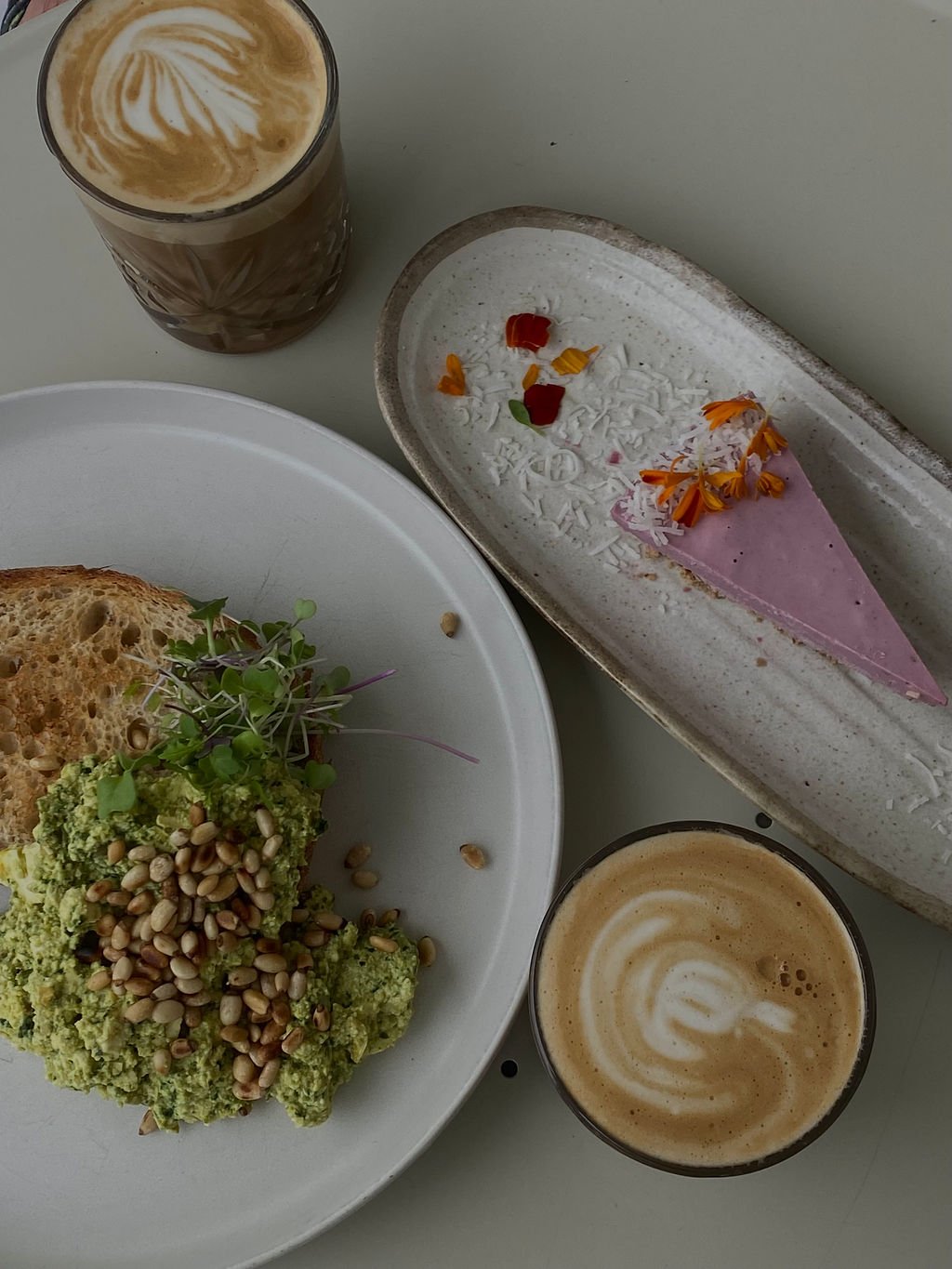











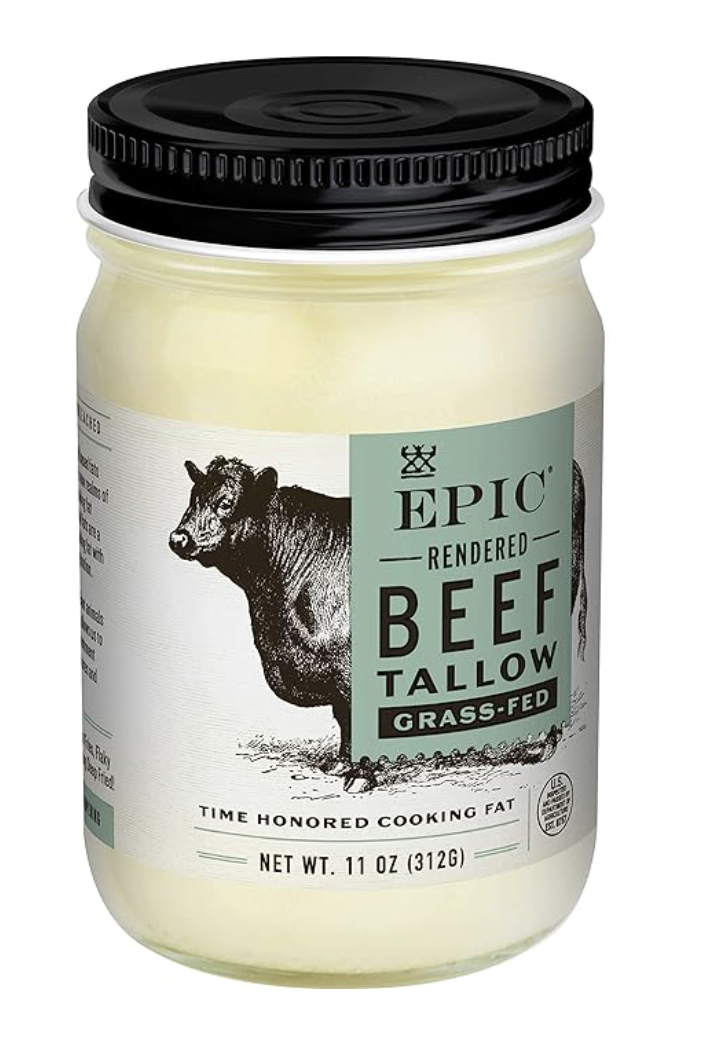
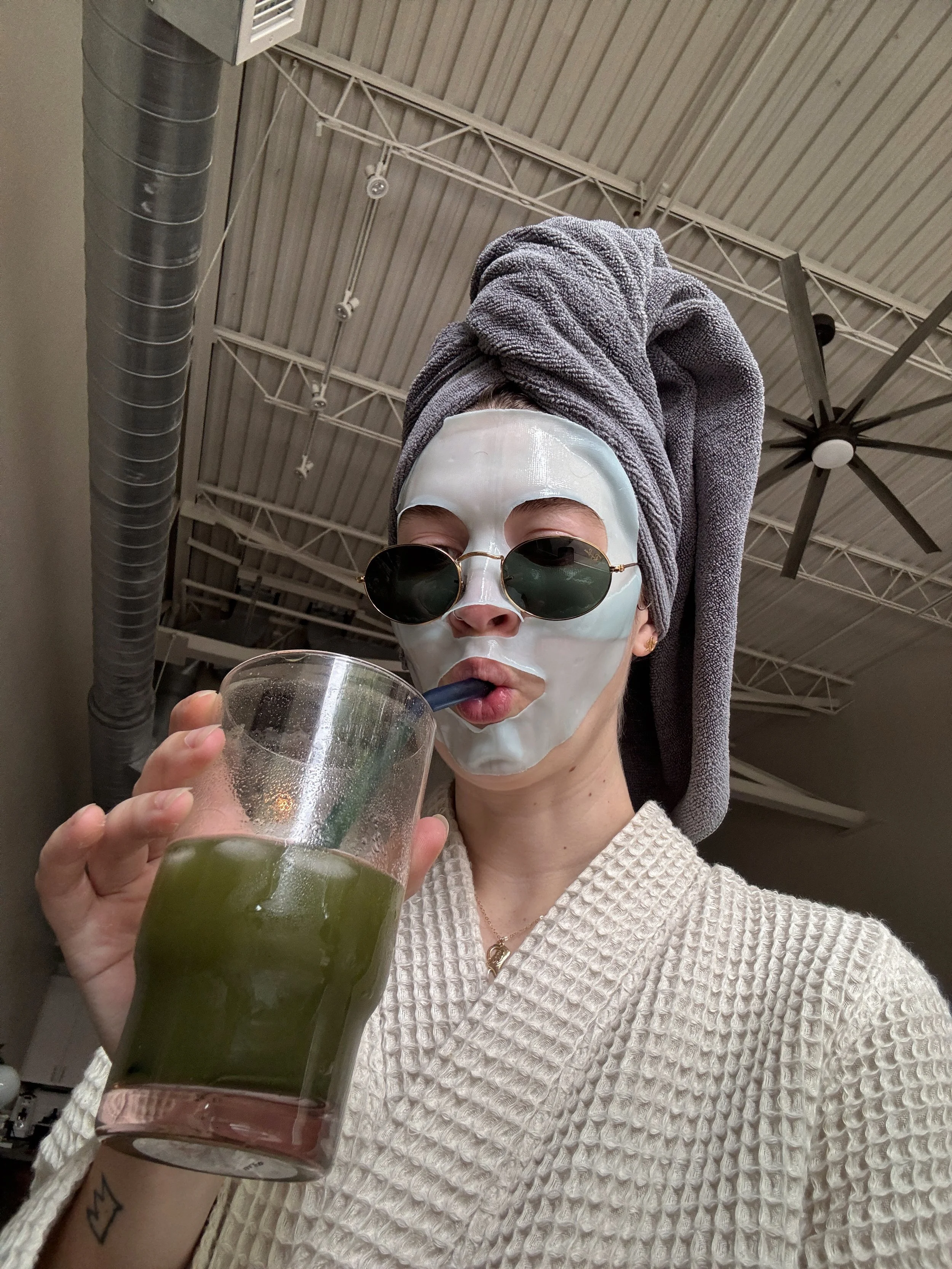

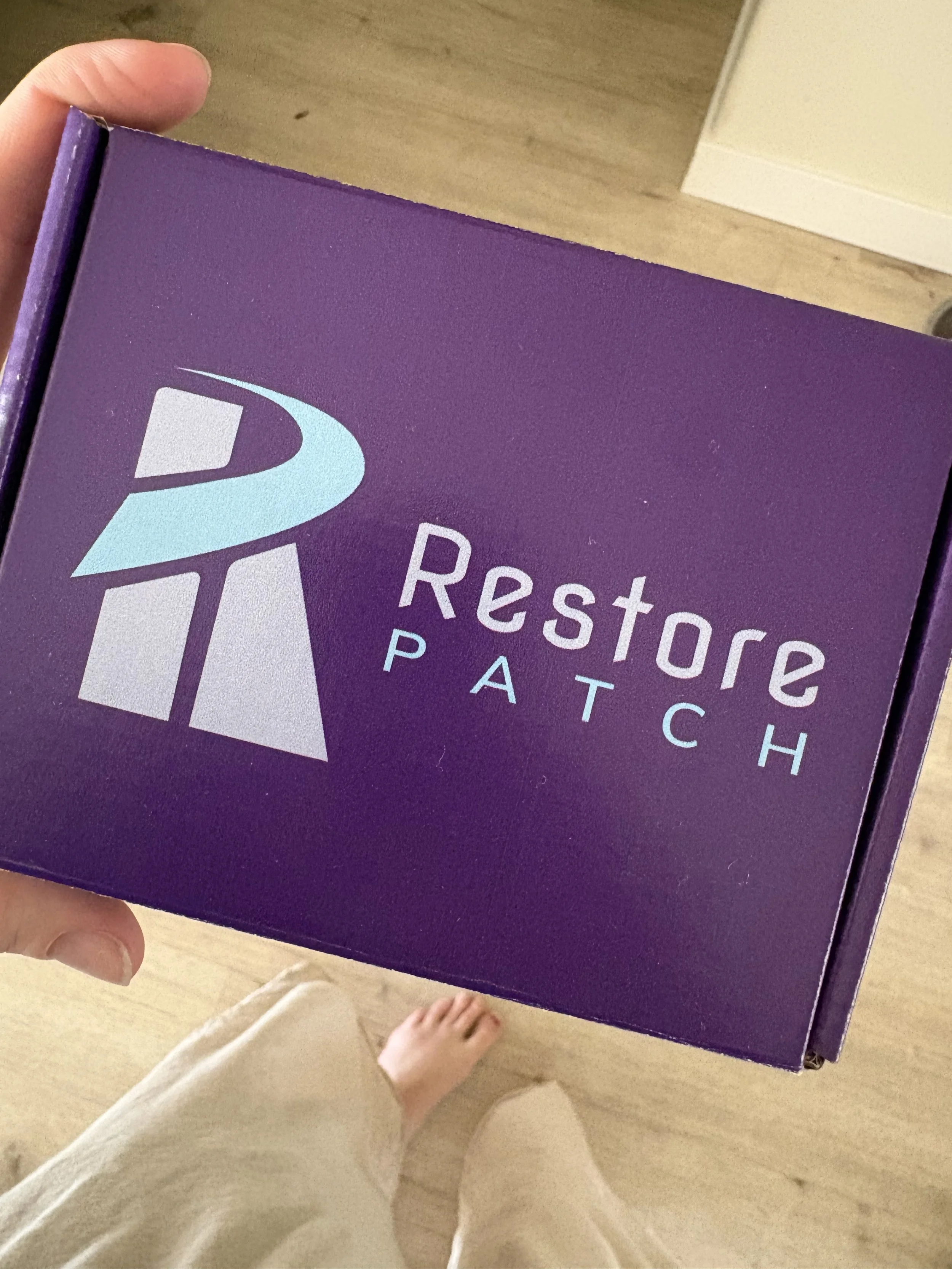
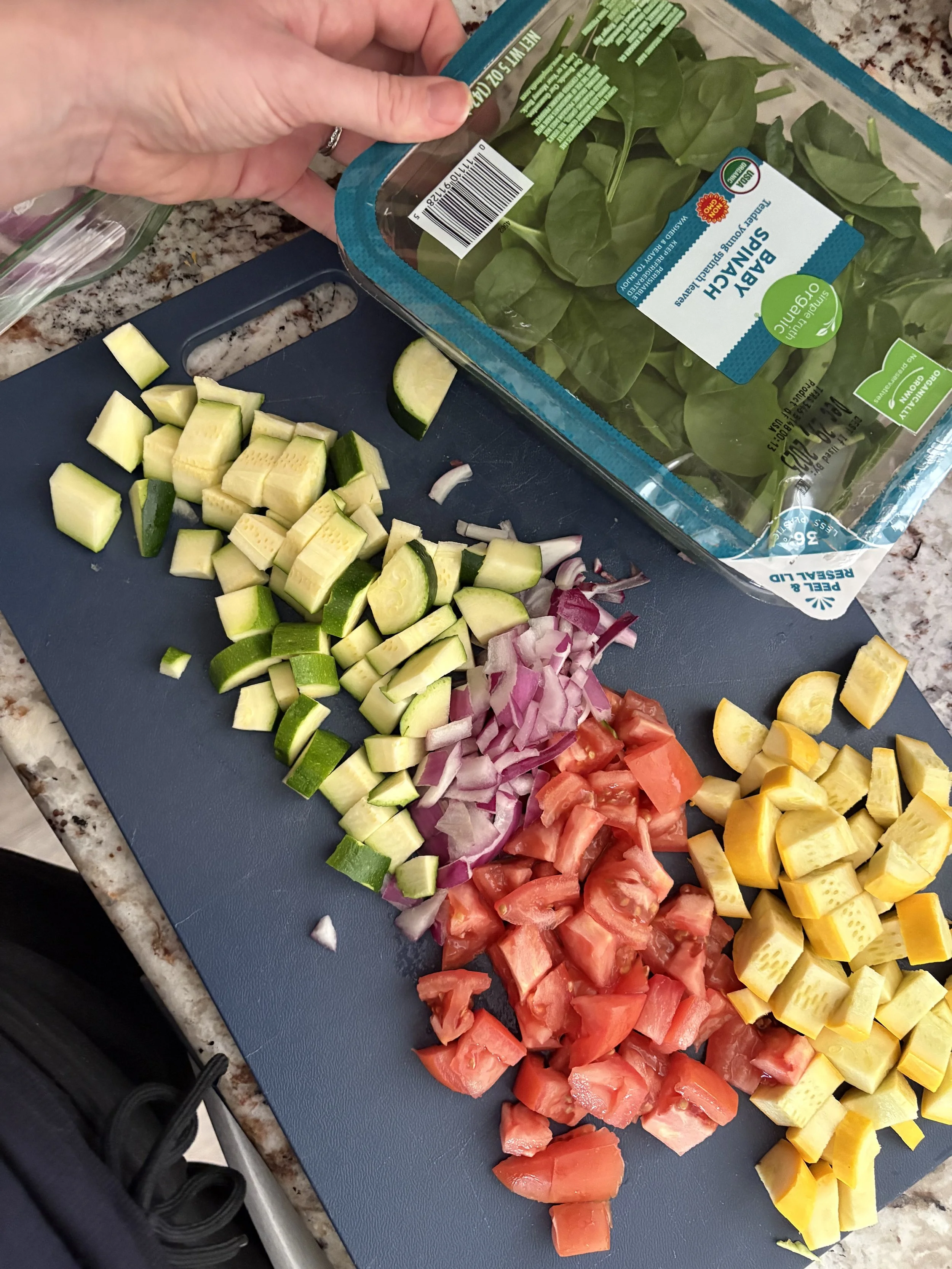
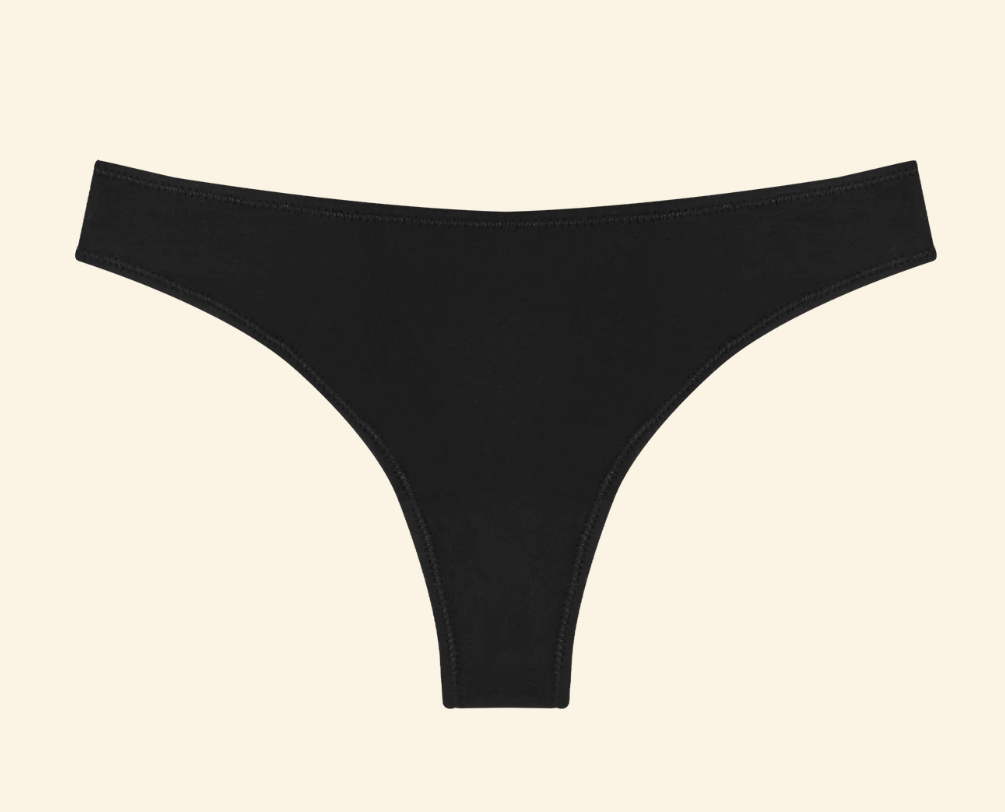
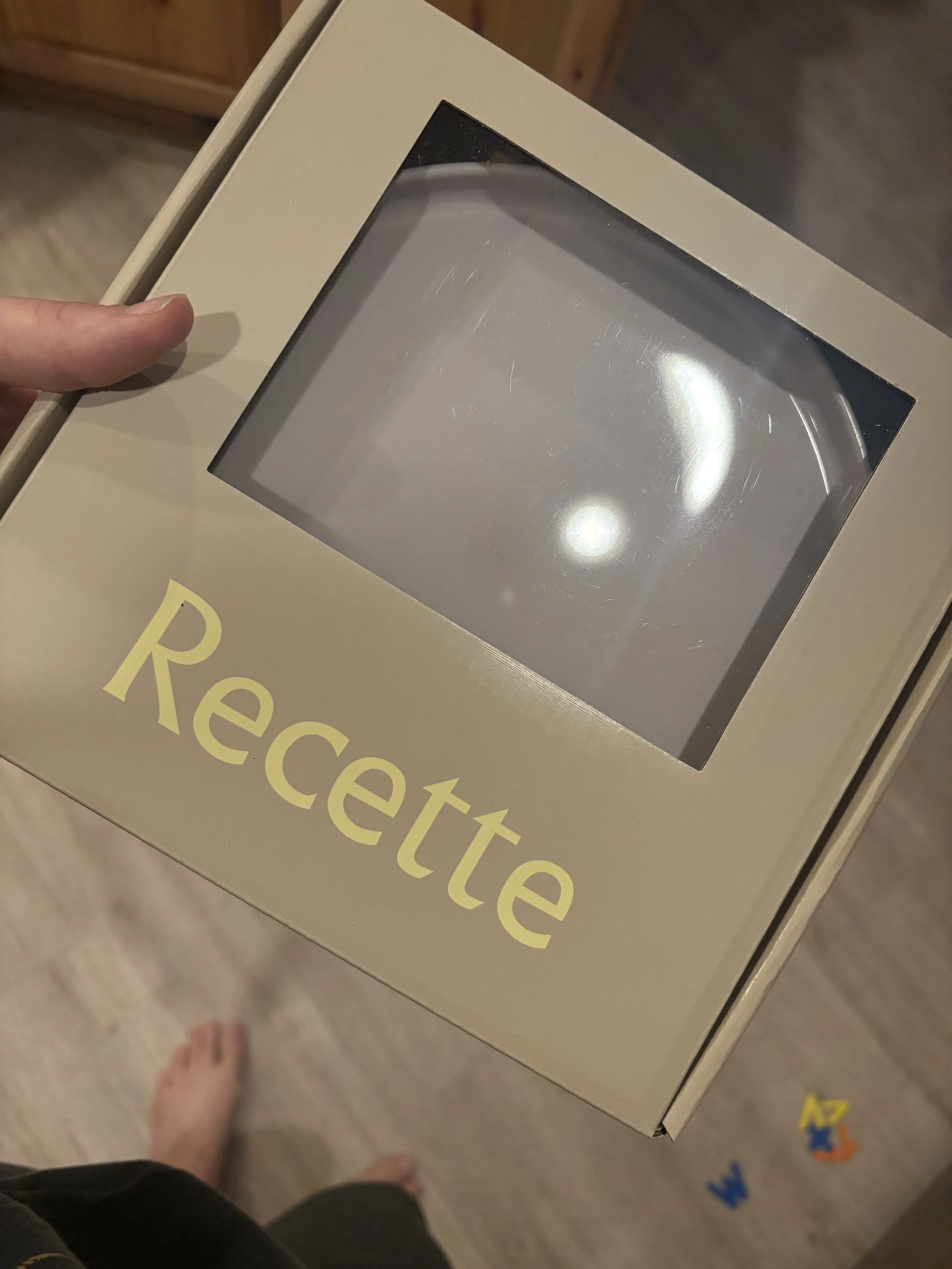

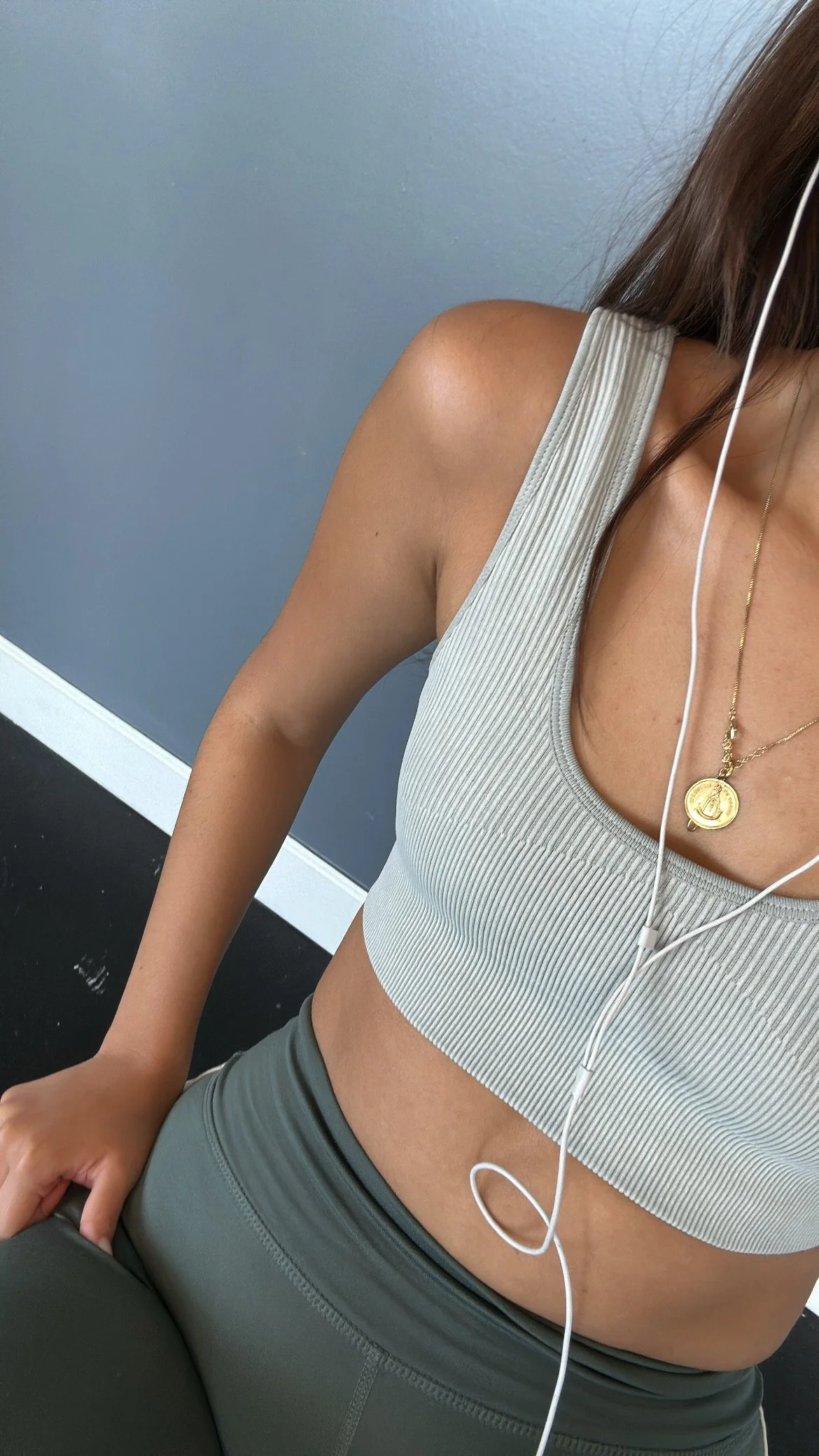
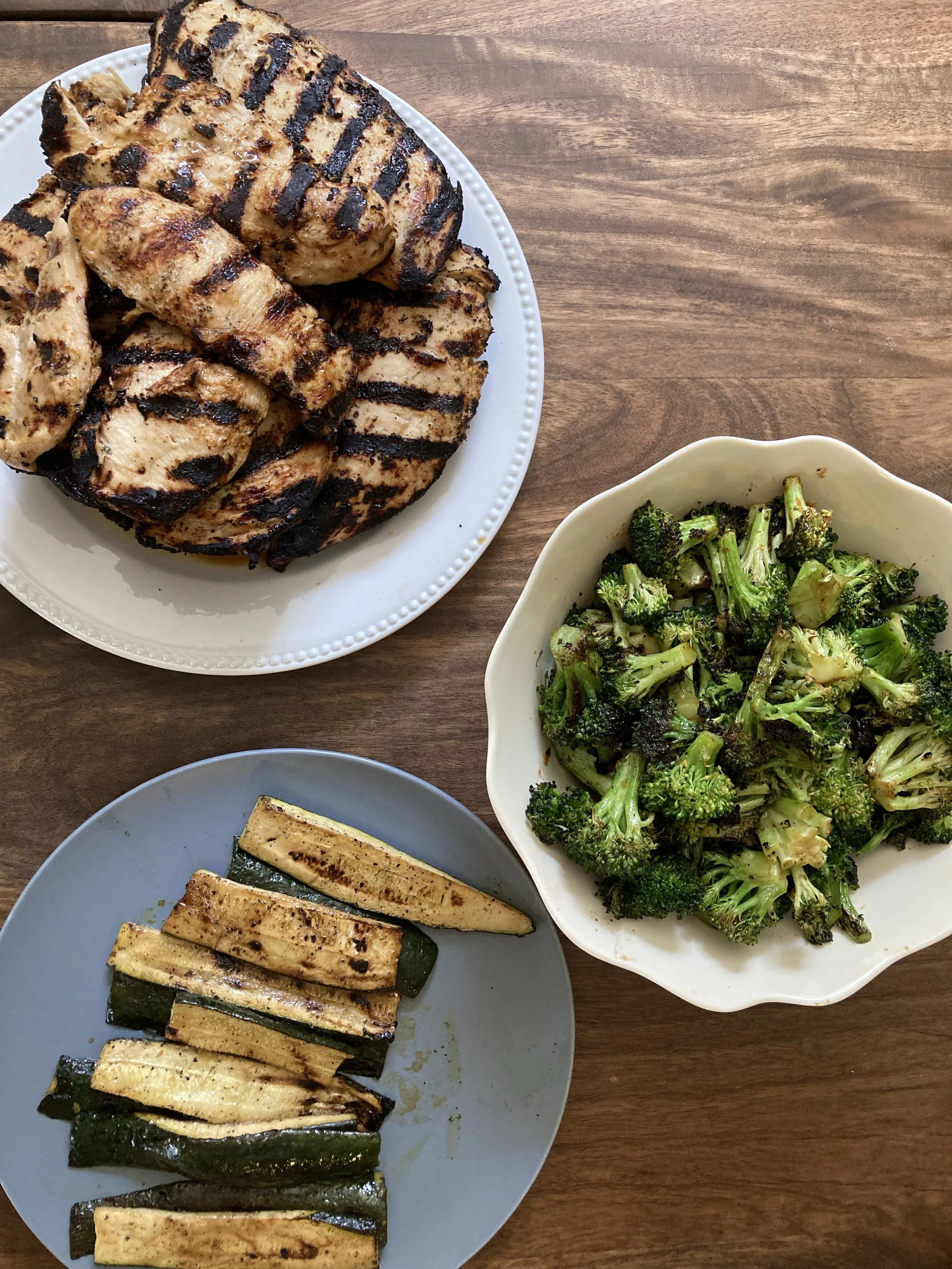






Looking to increase your protein intake without dairy— here is your list!